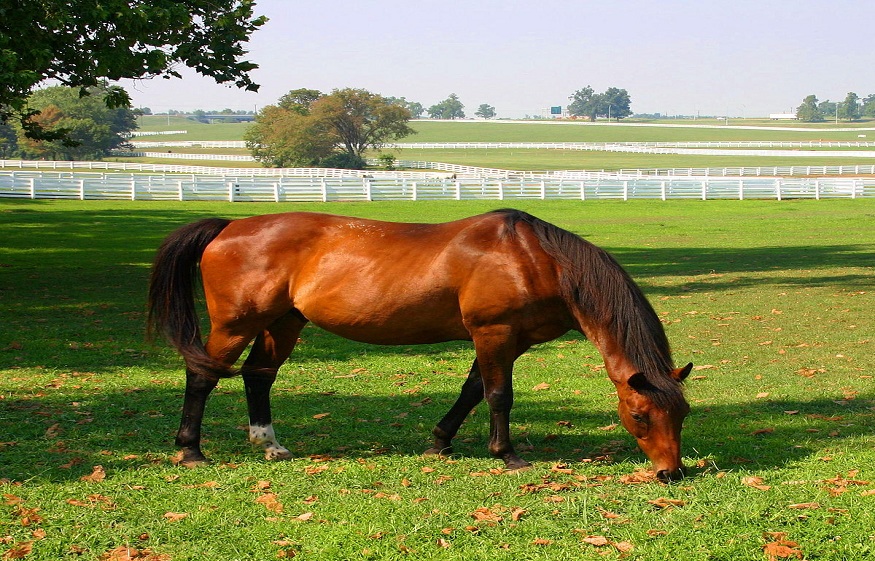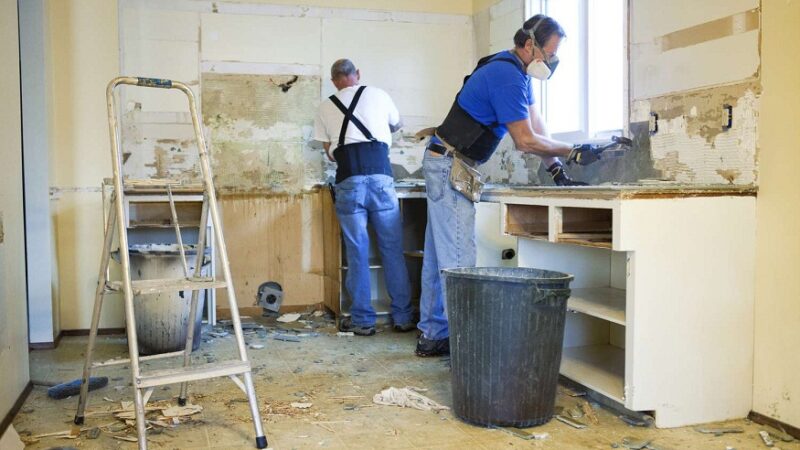How To Protect Your Horse From Field Injuries

Horses are social creatures who are happiest out grazing in a field. For some horse owners, turning out their beloved pet to a paddock filled with potential dangers can be stressful. Accidents will happen, but if you want a happy healthy horse, then you need to balance the risks with the rewards.
Experts agree that horses should be turned out as much as possible. Keeping your horse in a stable may be more convenient for you, and that is a factor. However, it’s natural for horses to wander and graze freely. Horses that spend the majority of their time outside have stronger bones, better respiratory health and lower stress levels. The benefits outweigh the potential problems, as long as you follow some established safety precautions.
Safe Paddock
Make sure that the space your horse is turned out into is as safe as you can make it. Walk the paddock regularly looking for hazards such as holes, fallen debris and poisonous plants. Inspect the metal ranch fence Texas for broken sections or sharp edges. It’s a great idea to install multiple entry gates in and out of the paddock. Scuffles are more likely if multiple animals are trying to squeeze through the same space. This is true for feeding time as well. Hay should be spread around, either in piles on the ground or in multiple feed stations.
Balanced Herd
Herds are tricky social groups that can either work together seamlessly or fight and bite every day. The key is forming the right groups to graze together. The best way to do this is to observe the behavior of the horses closely and regroup them accordingly. Mix up the ages in a herd. Older horses will calm the energetic youngsters and keep them in line. Mares and geldings can be kept together under the right circumstances, but stallions should be kept in a separate paddock. That doesn’t mean that stallions should be isolated. Instead, turn them out in areas where they can observe the other horses.
Regular Schedule
If there are animals with similar grazing habits, like eating later in the day, then keep them together. By doing this, they won’t be singled out and possibly bullied by the rest of the group. Keep to a schedule, rotating groups in and out at the same time every day. Horses are skittish creatures who can easily get stressed out. Schedules calm their nerves. It is also healthier for horses to eat on a schedule. Regular feedings help to buffer stomach acid, ultimately preventing ulcers.





